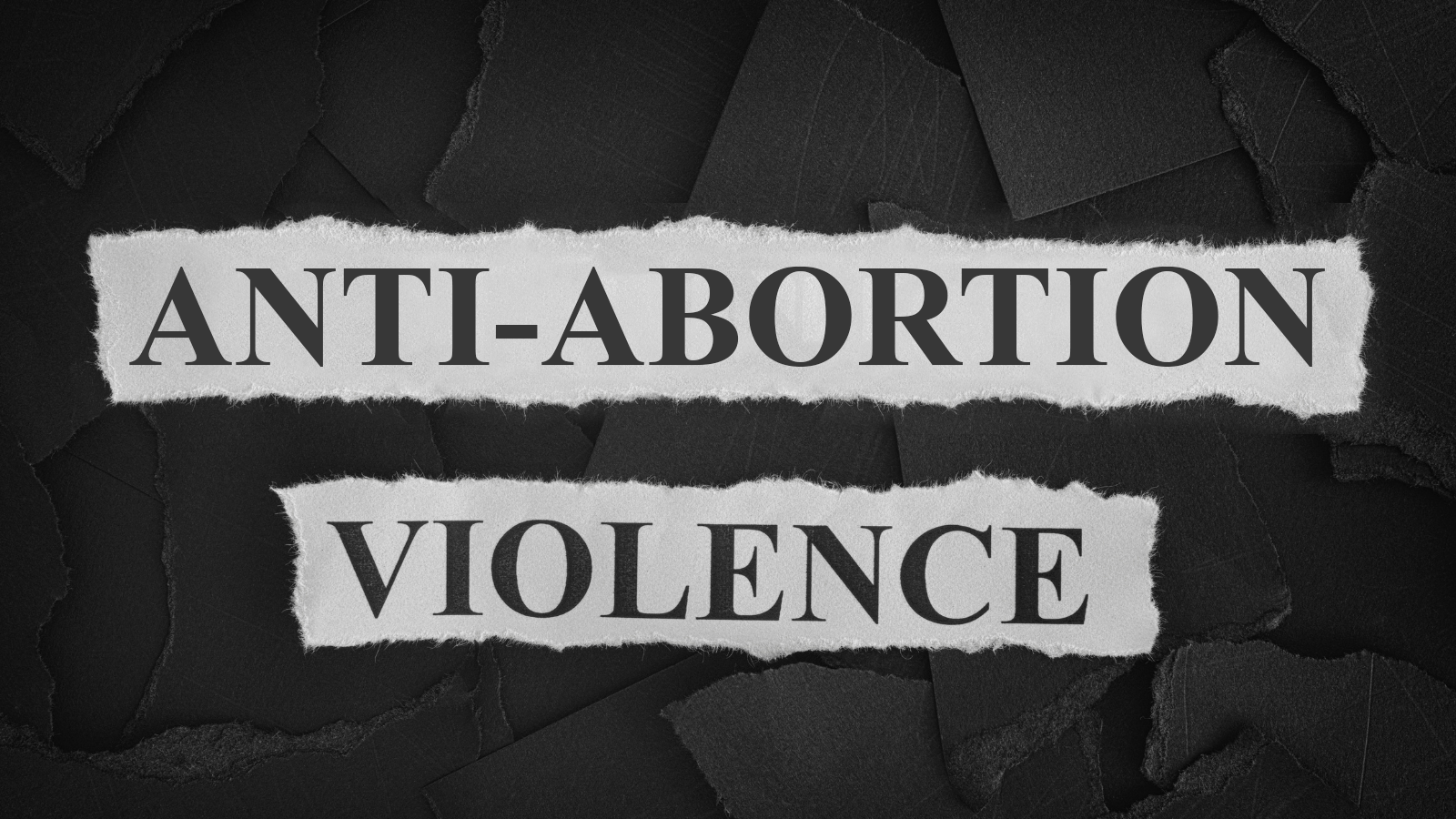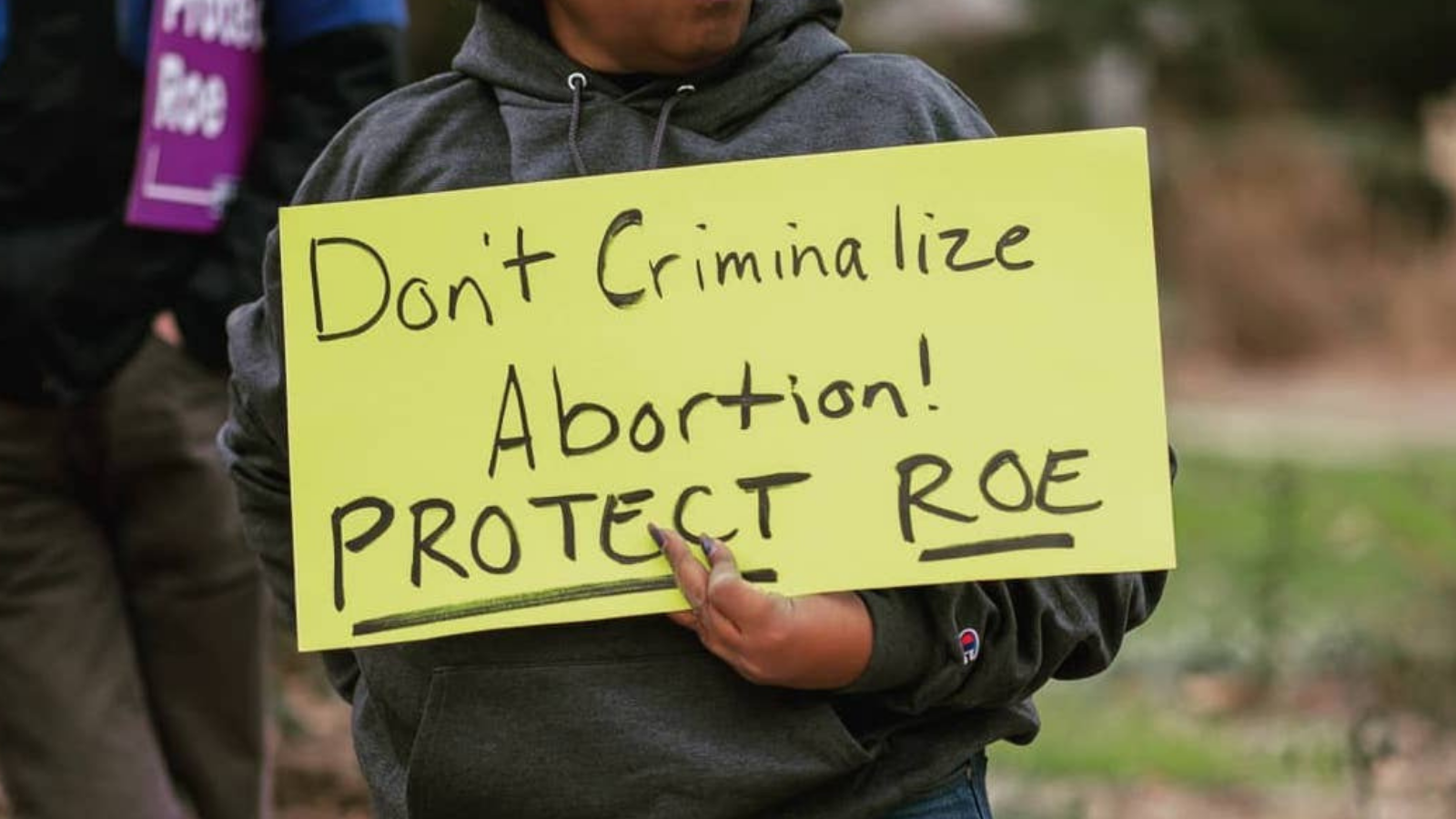Anti-Abortion Violence
Anti-abortion harassment and violence have a long history in the U.S. and in North Carolina. Most, if not all, abortion clinics in North Carolina endure weekly or daily harassment from anti-abortionists who gather outside, block entrances, and threaten patients and staff. These “protests” are designed to intimidate and scare people out of accessing or providing abortion care.
Anti-abortionists film patients, staff, and volunteers and record license plates of those going to the clinic. They set up barriers to clinic entrances, sound systems to amplify shaming and anti-abortion messages that can be heard inside clinics, intentionally redirect and/or mislead patients away from the clinic, pretend to be healthcare providers, and force their anti-abortion materials on patients and their families. Around North Carolina, anti-abortionists also stage mass demonstrations that confuse and scare patients and block access to clinics. Some anti-abortionists call the police on volunteer patient clinic escorts, or even on patients themselves, to make false criminal reports. They also deliberately provoke fights with patients’ friends or family accompanying them to their appointments.
Outside abortion clinics, anti-abortionists regularly shout racist, sexist, and stigmatizing messages at patients to shame them as they’re trying to get to their appointments. Emboldened by the lack of accountability from local elected officials and law enforcement, anti-abortionists’ inflammatory and violent language escalates to physical violence, like in 2021 when an anti-abortionist was arrested for having a firearm on his person (that he also discharged) while he was outside a Raleigh abortion clinic, harassing patients and staff.


